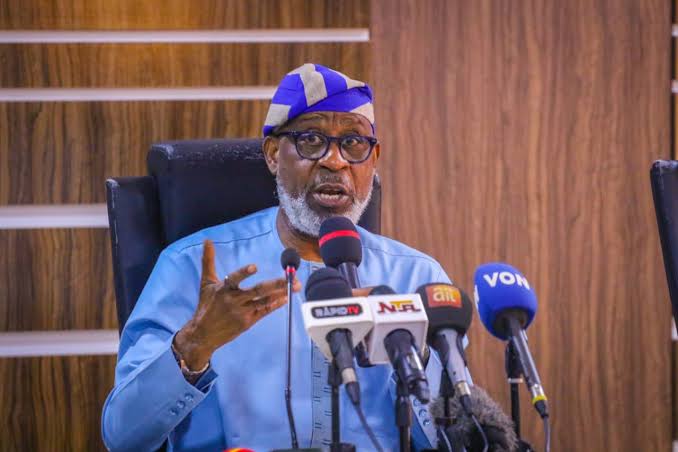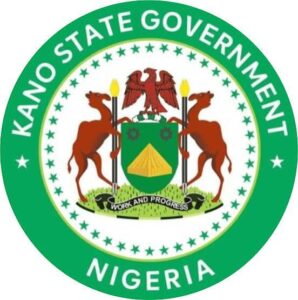At a major summit in Abuja, Nigeria’s Minister of Solid Minerals Development, Dr. Dele Alake, urged African countries to stop exporting raw materials and start processing them locally to create jobs, boost industries, and grow the economy.
Speaking at the 4th African Natural Resources and Energy Investment Summit (AFNIS), Alake said Africa has been rich in minerals for years but has not gained much because the resources are exported without adding value.
“We must stop sending out raw minerals and start producing batteries, steel, and other finished products ourselves,” he said.
He explained that Nigeria is already making progress. The government has banned the export of raw minerals and is now pushing for local processing. In 2025 alone, over 800 new mining licenses were issued, earning the country almost ₦7 billion. The sector’s revenue jumped from ₦6 billion in 2023 to ₦38 billion in 2024.
Alake also spoke about the country’s growing focus on lithium, which is used in batteries. Nigeria has opened its first lithium battery factory and is building two more. These projects are expected to create thousands of jobs.
He also encouraged other African countries to work together and share electricity through regional power projects, saying that cooperation is key to building stronger economies.
The Minister of Power also addressed the summit, highlighting how Nigeria is reforming its electricity sector. Thanks to recent changes in law, states can now manage their own power supply. This has helped improve services and increase revenue from electricity.
The government is also focusing on clean energy. Through different projects, Nigeria is bringing solar power to schools, hospitals, and rural areas. One major programme will provide electricity to over 17 million Nigerians.
To support all of this, Nigeria is training young people in solar and power system skills so they can work in the growing energy sector.
The summit ended with a strong message: Africa’s resources should benefit Africans first. Nigeria wants the continent to stop being just a supplier and start being a producer—of energy, technology, and opportunity.











